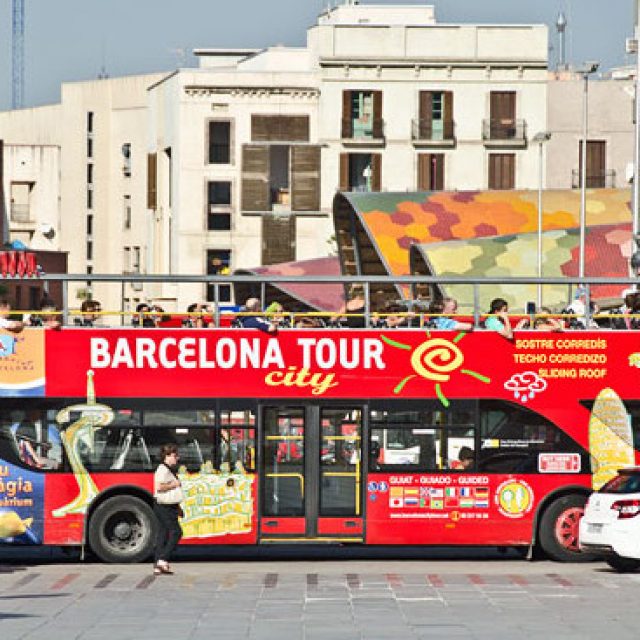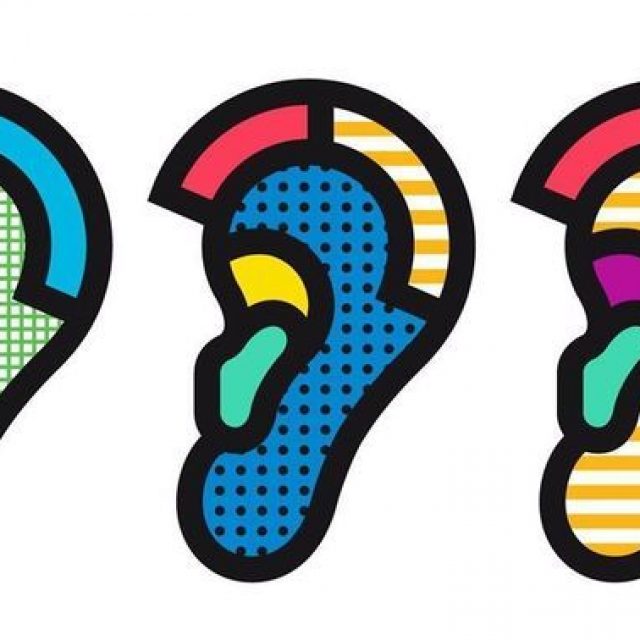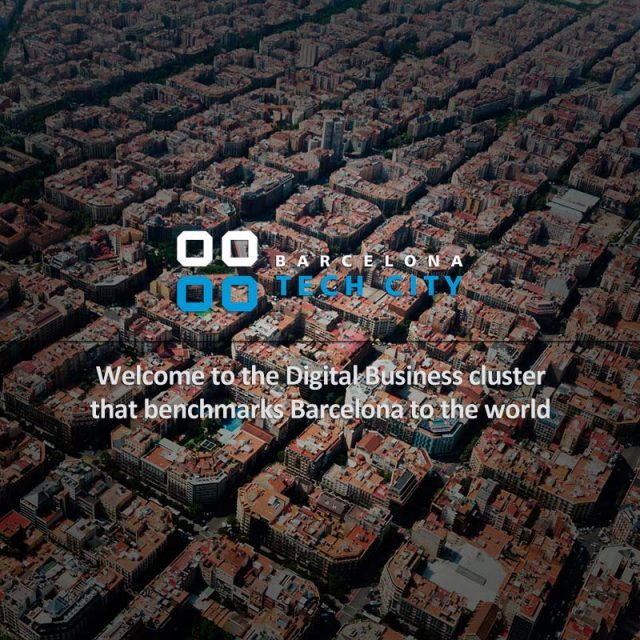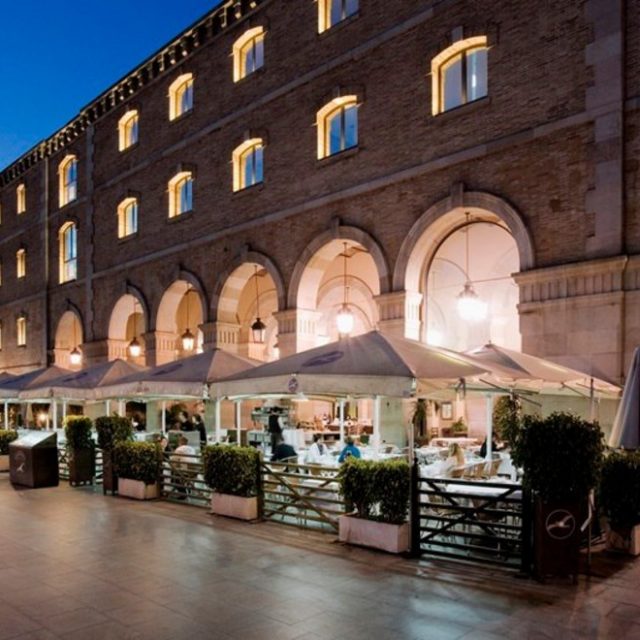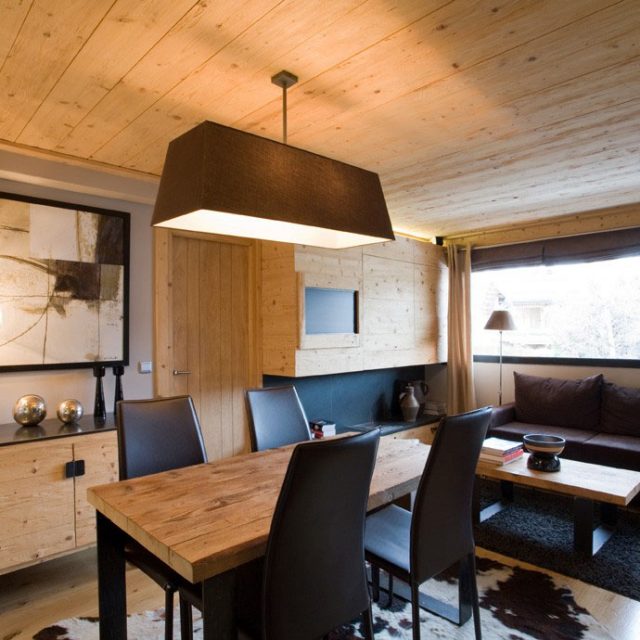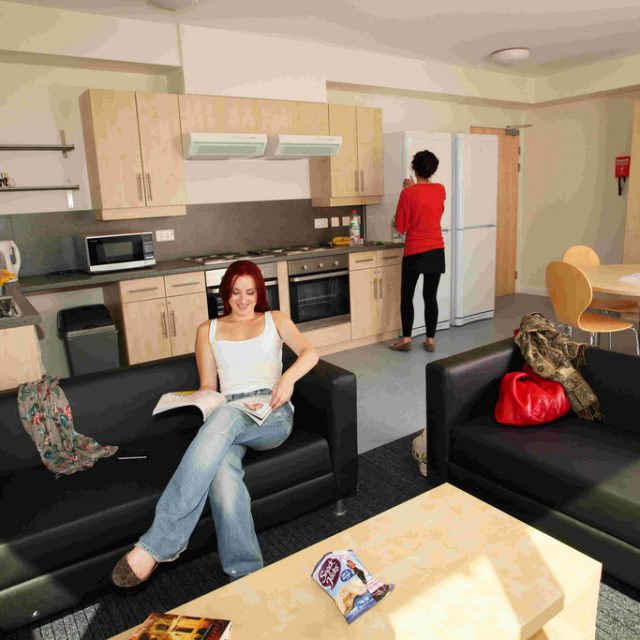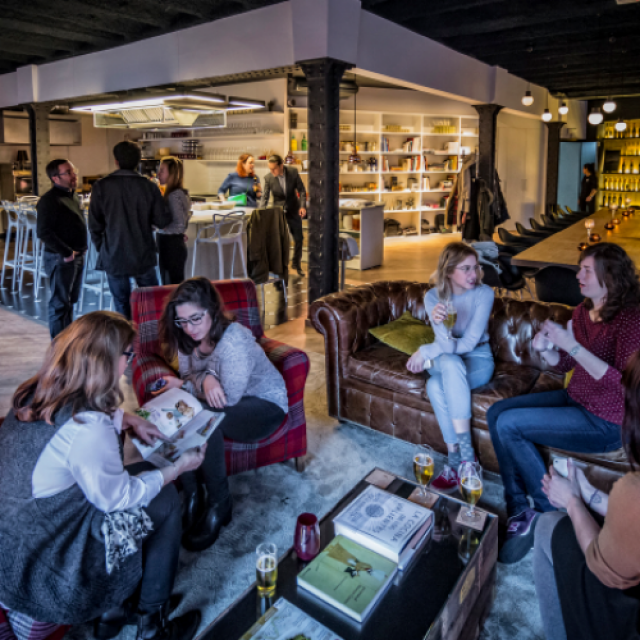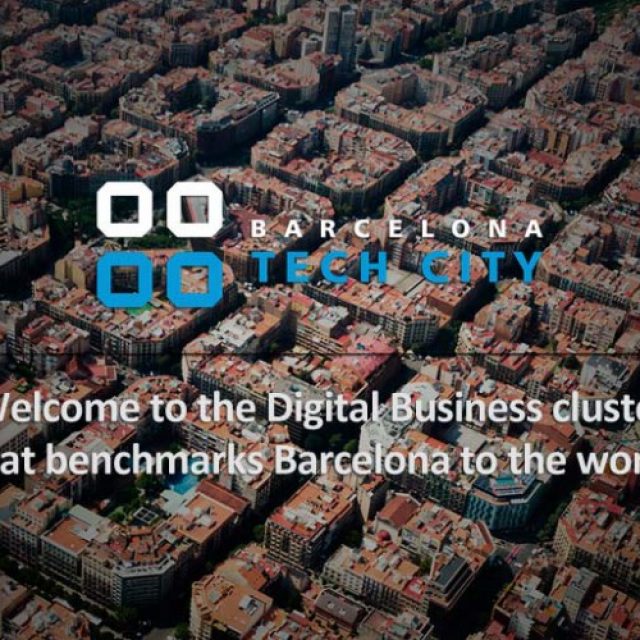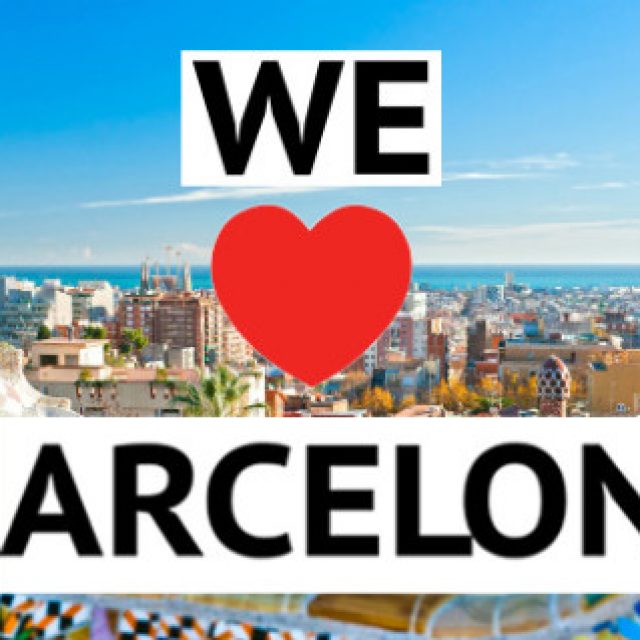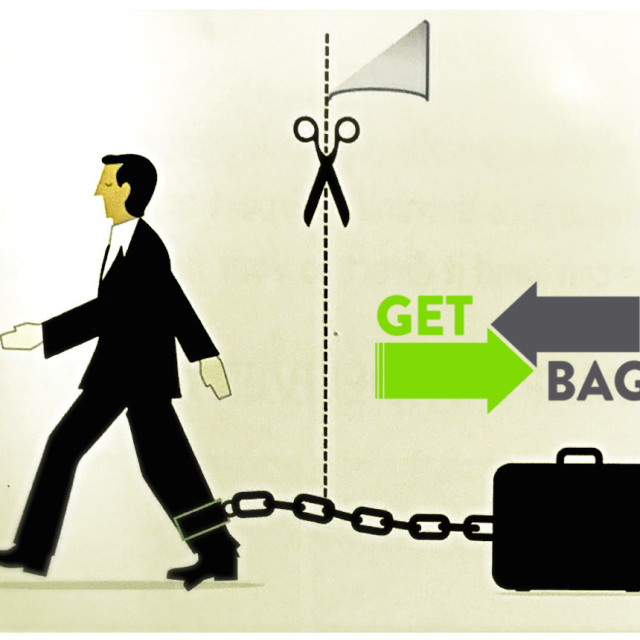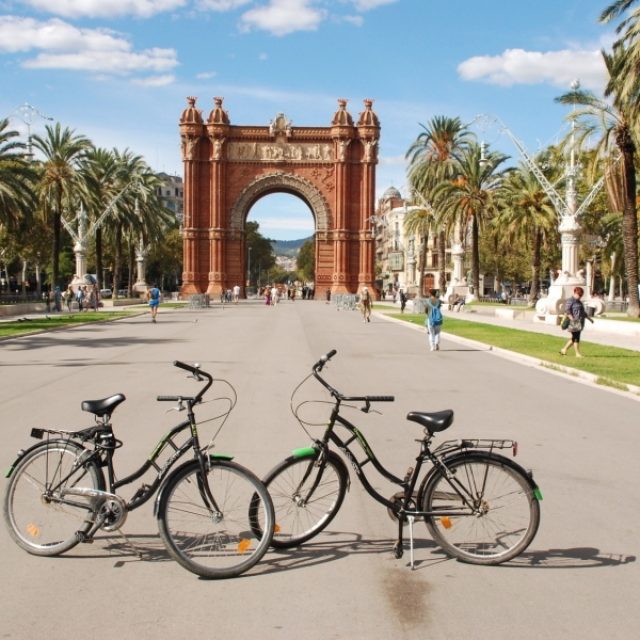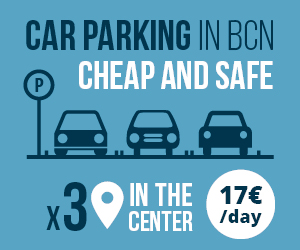Interview with Joanna Drake, General Director of Collaborative Economics (Uber, Airbnb and others) of the EU
Will the EU back away from Uber, Airbnb and other platforms?
Our role is not to prohibit or to allow, but to find the best balance: there must be room for both Uber and taxi drivers.
How do you think you can guarantee that?
We collect information and investigate: we speak with all parties and next July we will give a guide to member states with the help of which to make their decisions.
What will you suggest?
In this guideline they will be able to study how different countries and cities manage collaborative economy and they will be able to design their own model within the single European market for goods and services.
Do you see them as a risk or an opportunity?
I think the big question is: can collaborative economy platforms create new businesses and jobs or just replace others?
Just ask taxi drivers, hoteliers, travel agents, journalists …
Okay, but you also have to listen to thousands of residents of outlying areas who were unemployed and now make a living by renting rooms or providing transportation services in areas to which taxis do not go.
However nice it sounds, it will hurt here.
I have seen strikes by taxi drivers in Brussels, Paris and here in Barcelona there is resistance, as in Berlin. But there are also cities like Liverpool, where, more than half of the population has converted to mobile platforms like Uber, which are already creating jobs and lowering prices.
The hotels are also complaining.
Airbnb and similar brands say they do not really compete with hotels, because they provide a different kind of service just for visitors who want to live with and as locals.
But do they pay their taxes? Do they create the type of quality jobs that hotels do?
This is what we have to ensure: that collaborative economy creates jobs and does not make us lose to the Europeans the tax revenue, or social services or labor rights.
How difficult to control!
It is, but if you simply forbid collaborative platforms, you certainly do not achieve innovation and services becoming cheaper for European consumers, and the US takes even more advantage of us. Also, do not forget that the collaborative economy is much more than these alternative taxi services and hotels.
What other sectors will they invade?
They also create value, for example, for small businesses that share 3D printers thanks to collaborative technology platforms and others that enable access to housing for several families without having to pay mortgages.
The banks aren´t going to like that.
The banks are going to have to accept the collaborative finance and credit and savings platform: all sectors must catch up and accept new competitors if the competition is fair.
The world is changing.
I think we all fit in. These new businesses now account for 5% of European GDP and we expect to reach 15% in ten years.
Today Google and others take the capital appreciation to the US without paying taxes here.
That is why the Commission is investigating them! Google and others will have to pay taxes where they earn a profit. Period.
So far they have not paid almost nothing here.
The EU will ensure that there are no collaborative economy platforms that do not serve the rights of the consumer, worker and taxpayer. I assure you. And now let me ask you a question.
Go ahead.
Why is it that the most prosperous countries, like the Scandinavian countries, are also the most open to collaborative economy? Because they see it as an opportunity for growth and employment and increased income for large segments of the population. That’s the intelligent attitude.
At the expense of regulated jobs which hotels and taxis currently provide?
And a platform to sell flowers or food? And a platform to share employment, housing, transport in any conceivable way? I fear it will be very difficult to stop that kind of future from happening. I am not in favor of prohibiting it. Instead I intend to study it and regulate it with flexibility and broadmindedness.
Are you sure that this does not lead us to underemployment and a black market?
Look, my son is an investor and a user of collaborative economy. He has invested in a technology platform to manufacture customized mobiles phones whose fabrication does not involve materials that require us to exploit mines, materials that are recyclable, cheap and alternative.
There´s an idea.
It’s collaborative, but it has nothing to do with the 60,000 flats already on Airbnb in Paris.
And here in Spain there are 57,000: it´s outrageous! How many hotels are replaced!
And how many families see their incomes complemented by providing accommodation! Do not forget to look at technological innovation from all angles. The alternative mobile of my son is also collaborative economy and helps encourage large manufacturers to improve by competing with them.
Hopefully.
Look, I worked in the telecommunications industry where fortunes were paid for a 3G license and then later they were found unprofitable. Perhaps with more competition it would not have come to those extremes..
Source: Lluís Amiguet, La Vanguardia
Photo Credit: newsbook.com.mt















